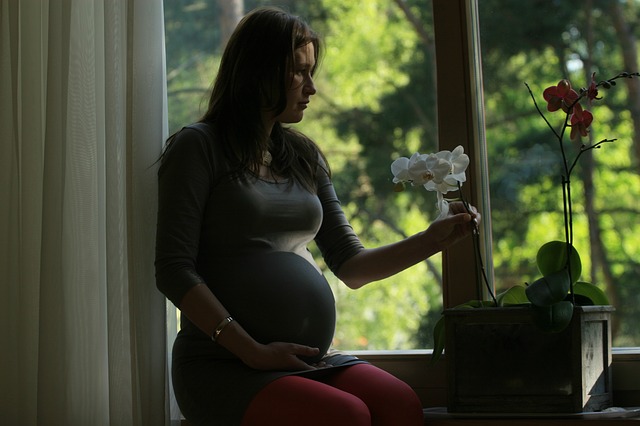IVF is a fertility treatment procedure, which cannot provide a miracle result for every case. The failure of IVF is not always due to procedural fault, but individual patient factors can also be a cause of failure.

With advancement of the assisted reproductive technology, the overall IVF treatment success rate significantly improves; but still does not provide a 100% success rate. It has found that even after proceeding every step - starting from ovarian stimulation to the retrieval of an egg to the transmission of embryo according to the treatment plan, but the result does not give positive pregnancy result in certain cases. Aging and/or premature ovarian aging often patient-related factors interfere with pregnancy outcome.
Whatever reason behind the failure of IVF, but coping with such a situation is not easy. Both emotional setbacks and financial loss are difficult to except after the failure of the IVF cycle. Frustration, depression, and sadness are normal after IVF cycle failure.
Few lucky people get success after their first cycle, but the failure of the first cycle never confirmed that you never get pregnant through IVF treatment. Several case reports give the evidence that patients get their success even after two consecutive IVF cycles failure. You need to believe that may you need some more time to prepare physically accept the given treatment or some different treatment plan will work for you.
But if your state of mind reaches that point where you cannot deal with more treatment cycles, then you need to quit from the repeated trials. This is not because you give up, but this decision help to move on from the dilemma you feel psychologically.
The decision of childless life or adoption after the failure of IVF completely depends upon the intended parent's own decision. However, it is not necessary to try every available fertility treatment before deciding to move on.
Professional counseling and taking help from family, friends, and support groups are required in most of the cases to walk away from the IVF cycle repetition after an unsuccessful outcome. It will be always better to have more than one support to overcome the emotional trauma after the failure of the IVF cycle.
But in case of patients adamant to have their children even after repeated IVF failure, then they have the option to opt donor egg service, embryo adoption, or surrogacy service. Donor egg service is common for women with older age or patients with premature ovarian aging. In such cases, the born child has a biological relationship with the intended father, as an embryo is created by using his sperm.
In the embryo adoption process, the future child is not biologically related to intended parents; but they can enjoy the pregnancy and happiness to deliver a child. But in the case of women with difficulty to carry the child for full-term, then hiring a surrogate is the only option to explore parenthood. Patients and healthcare teams mutually decide either traditional or gestational surrogacy suits for them. Therefore, the failure of IVF is not close to the door but opens other options, but the ultimate decision only depends upon the parent's choice.



